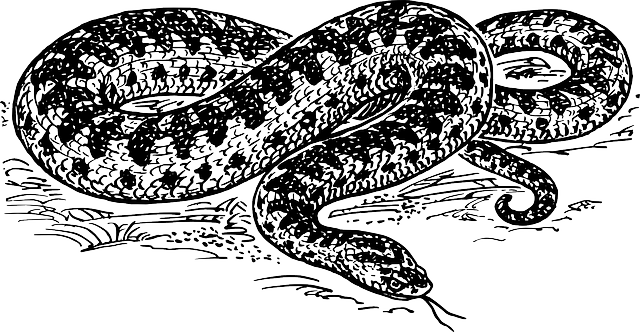 I carried little money to pay for passage and had small likelihood of earning such funds. So as I roamed the streets of Antalya I cast about in my mind for other ways I might earn fare.
I carried little money to pay for passage and had small likelihood of earning such funds. So as I roamed the streets of Antalya I cast about in my mind for other ways I might earn fare.
If I could hire myself on as crew in return for passage to Seleucia, that might put me to sea sooner. Well I knew many of the terms seamen used while on board—mainsail, topgallant, skysail, spanker, jib, forecastle, galley, and cabin. The problem remained, however, as to what skills I might bring to a task. Still, I could not expect to remain on the streets for long.
Thus my search began in earnest for a ship being loaded for departure. When I happened upon a group of men loading grain onto carts and rolling them onto the wharf I fell in alongside, assisting as they unloaded the goods.
At first the men viewed me suspiciously, so I made a point not to make eye contact and turn away quickly should one appear ready to speak to me. That seemed to settle the matter. Soon they appeared willing to accept my help without question. Only later, after all the cargo on shore was loaded did one dare to ask my name.
“John Mark,” I replied. “And yours?”
“Artemas of Cypress. You wear the mark of the Hebrew. Be those your people?”
I am sure the shock of being singled out so quickly showed on my face.
“When we relieved ourselves over the rail…” Artemas added. His meaning was clear.
“Yes, circumcised on the eighth day,” I replied.
“Then if I may, what are you to make of the one called John?”
At this my thoughts swirled for I knew not which John he meant. John the disciple of my Lord? Or John his cousin? both held a certain amount of fame among my people.
“We hear he was beheaded for daring to insult a tetrarch of Caesar Augustus,” Artemas continued. “Is it true he called the leaders of your people a ‘brood of vipers?'”
“John’s was a baptism of repentance,” I explained, “and for the forgiveness of sins. All who came confessed their sins and were then baptized with water by the cousin of Jesus.”
“But accusing those in authority of acting as a ‘brood of vipers?’ Does he not know that vipers hatch within their mother and eat their way out?”
“Well I know that John made such a declaration with intent, for many years ago our people wandered in a wasteland due to our rebellion. When we complained of hunger, Yahweh provided food from heaven. When we thirsted, Yahweh provided water from a rock. But still we grumbled, so he sent a brood of vipers to destroy us. When he pleaded to Moses for Yahweh to take away the vipers, Yahweh ordered that Moses make a bronze snake and lift it on a pole. All who looked up at the snake would be saved. Now we are to look to the cross upon which the Messiah who saves was crucified. He alone can recuse us from the death that comes from the venom of sin.”
“But how—”
“Our religious leaders continue to cling to the law of the wilderness that brings death,” I quickly added. “Like a brood of vipers their bite poisons those who are lost, for the laws of Yahweh cannot save us from sin, but only show us what sin looks like. This is why John called them a brood of vipers. They hatch from inside religious traditions and eat their way out, destroying all in the process while saving none from sin. This is why John called them a brood of vipers. Though they know the law of Yahweh their spirit is that of that old serpent the devil.”
“I see you are well versed in the ways of your people. Might you share more with me over a meal? Perhaps this evening?”
“Much would I like to do so, but I am in need of a vessel to take me home and should I find one before the day is out, I will depart.”
“Then come. Let us find you such a vessel. Perhaps as we search the docks you will explain more of how I might be saved by this Messiah of which you speak.”
And so I fell in step with Artemas of Cypress, a man I would soon discover was even more dangerous and deadly than the Pharisees and teachers of the law who killed my Lord.